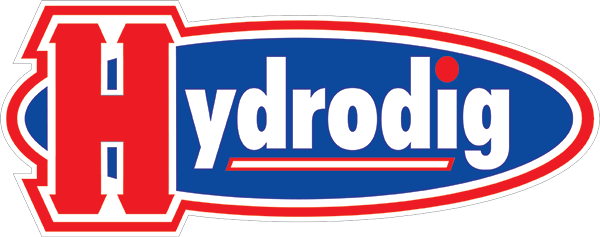
Pipelines are the safest way to deliver products such as natural gas and oil over long distances, so they cross under rivers, fields, roads and may come really close to homes and community centers, crossing privately owned land too. Being buried in the ground, landowners can use their properties, at least in most of the cases.
This network of pipelines serving the US is owned and operated by different companies, but also chemical plants or power plants that typically operate small pipeline systems.
Safety, security as well as environmental concerns related to the well-functioning of pipelines is the responsibility of these companies. They are the ones that regularly need pipeline and daylighting services, to prevent releases. These services include periodic evaluations, inspections and maintenance operations, included in integrity management programs in which pipeline operators invest a lot of money, to prepare for any potential incident.
Like we said before, pipelines are a very safe way of transportation and there is no problem in 99,999% of the cases. However, rare incidents may still happen and pipeline services offer quick emergency response plans and deploy the necessary resources to reduce the impact of releases and fix the problems promptly.
